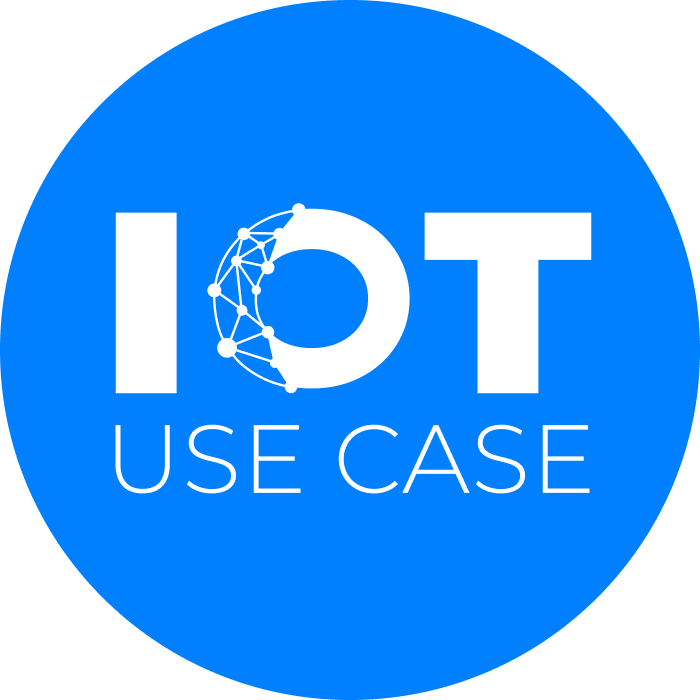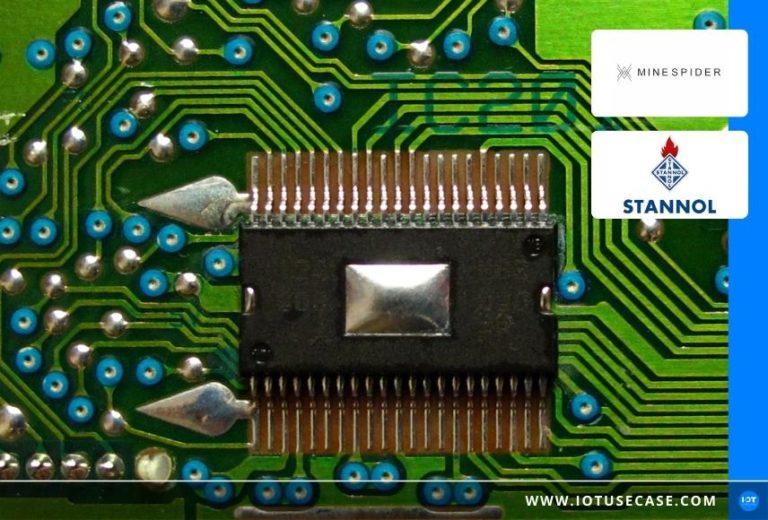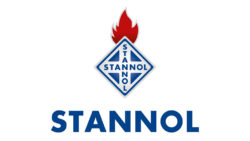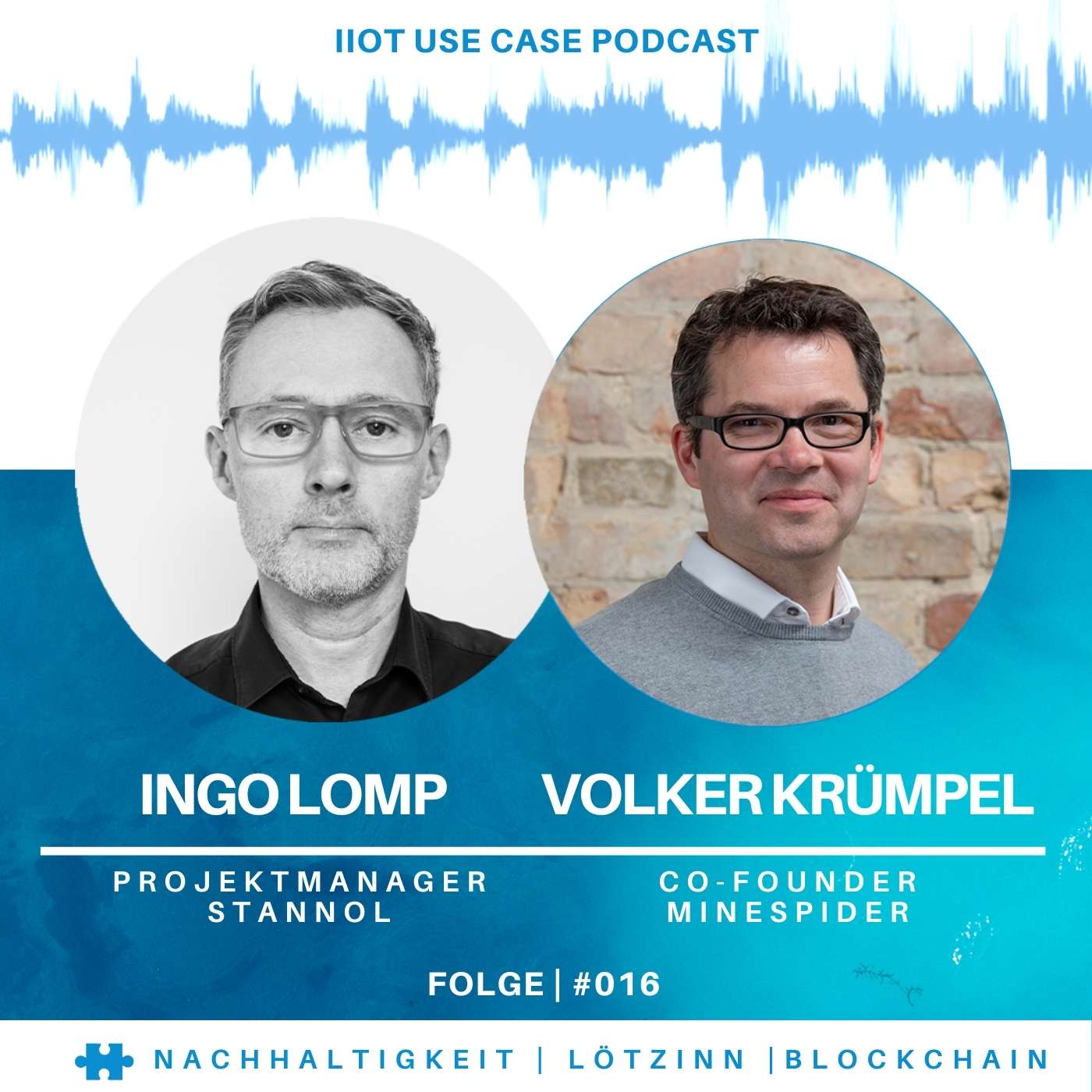Sustainability means fair production conditions for the raw material – such as tin for soldering work in electronics. Stannol is the first solder manufacturer to rely on blockchain as a tool for tamper-proof record of the origin of fairly traded tin.
The challenge: Tin mining without regard for the environment and human rights
The proportion of electronics in products for private and commercial users has been increasing sharply for years, as have the quantities of raw materials required for them. An important material here is tin, which is needed to solder the individual components onto a circuit board. The solder does contain other substances, but the tin content is over 95 percent.
The metal is largely extracted in Asia, America and Africa. Due to the high demand, working and living conditions in the mining areas are sometimes inhumane. In addition, the environment suffers greatly from uncontrolled and sometimes illegal mining. Difficult conditions prevail on the ground, child labor and armed conflicts are not uncommon.
In the sustainability program Fairtin Stannol as the first solder manufacturer has developed a series of fair solders and solder wires for industrial manufacturing. Stannol only uses suppliers with a strong commitment to employees, society and the environment. However, there is currently no certified fair trade tin mining. Therefore, the manufacturer was looking for a way to monitor the entire supply chain from the mine to arrival at the plant, thereby guaranteeing sustainability.
The solution: A tamper-proof blockchain database
To be able to trace the exact origin of a product, the supply chain needs electronic “shipping documents” that record all stations in a tamper-proof way. This makes it possible to trace the origin of a raw material from any point. Blockchain technology enables this supply chain record.
At its core, it is a database format in which data, once stored, cannot be deleted or modified. The data blocks are chained together by cryptographic methods, so that changed or removed blocks are immediately noticeable. In short, the database is tamper-proof.
Stannol has hired startup Minespider to develop the blockchain for Fairtin. The solution is based on a public blockchain. To ensure that sensitive supply chain data is protected despite the open source approach, the startup uses a multi-layer architecture. The first level contains public information for companies along the supply chain. The second level contains the private data blocks that cannot be changed afterwards, a third level is used for encryption.
The result: Verifiable fairness from the ore to the solder wire
By using private blockchain, all companies in the supply chain work on one system, even across different supply chains. Blockchain digital certificates allow the raw material to be traced back to its origin. The entire supply chain from mine to final product is evidenced by each actor’s entries. Once on-site inspectors have confirmed sustainable mining, non-sustainably sourced raw materials remain excluded from the supply chain.
The Fairtin concept helps manufacturers and users of electronic assemblies to stand out from the competition and advertise with fairly traded tin. They can now prove the source of the lot used and point to their responsible raw material sourcing at any time when asked by interested consumers or environmental associations. In addition, this evidence helps with reporting requirements and compliance.








